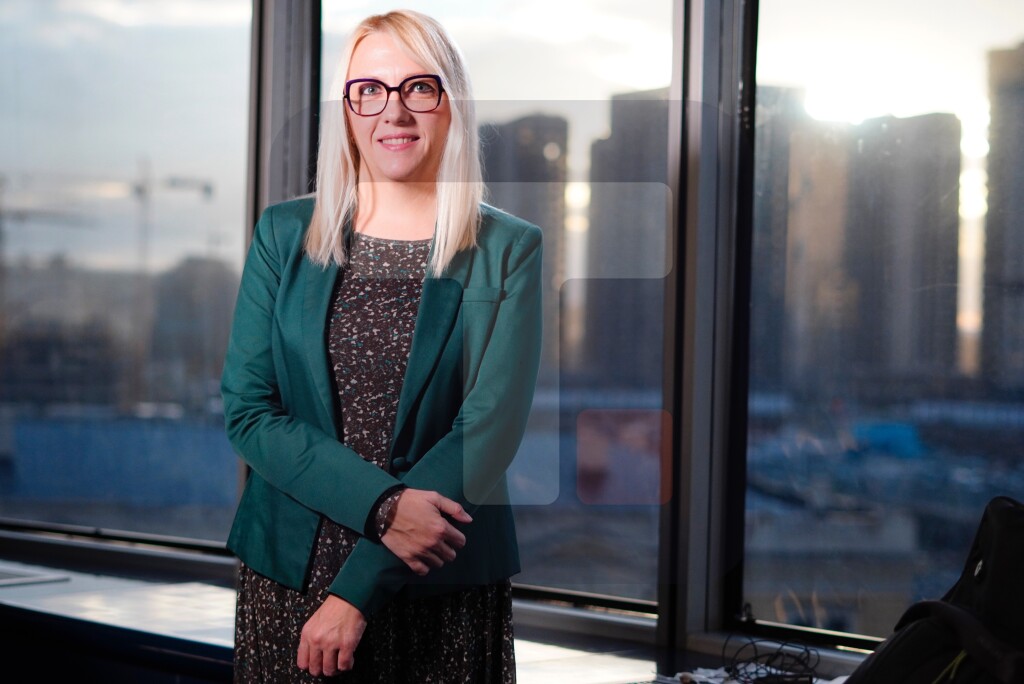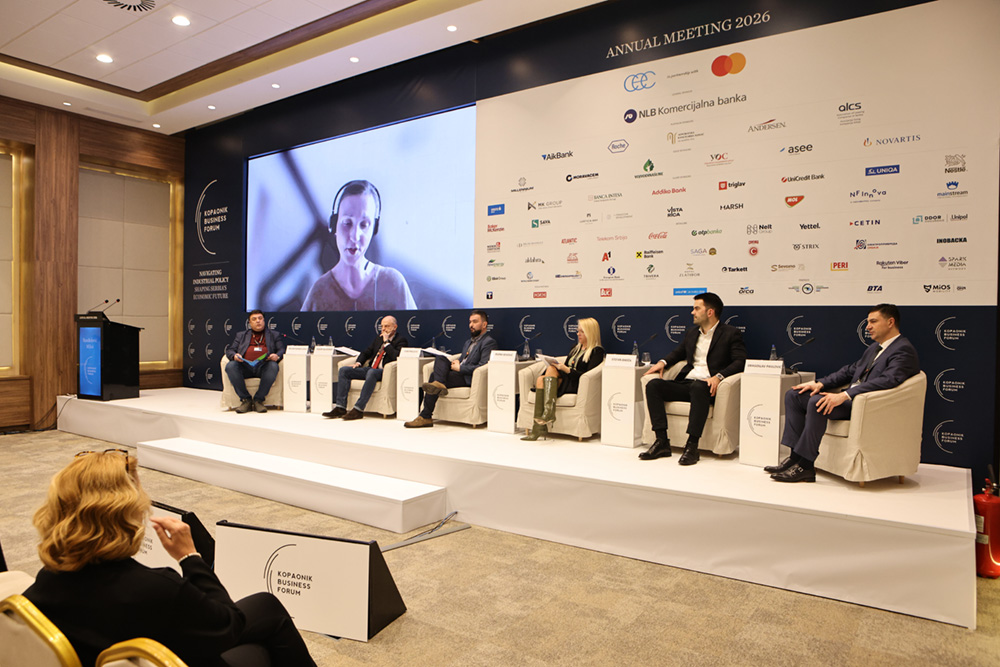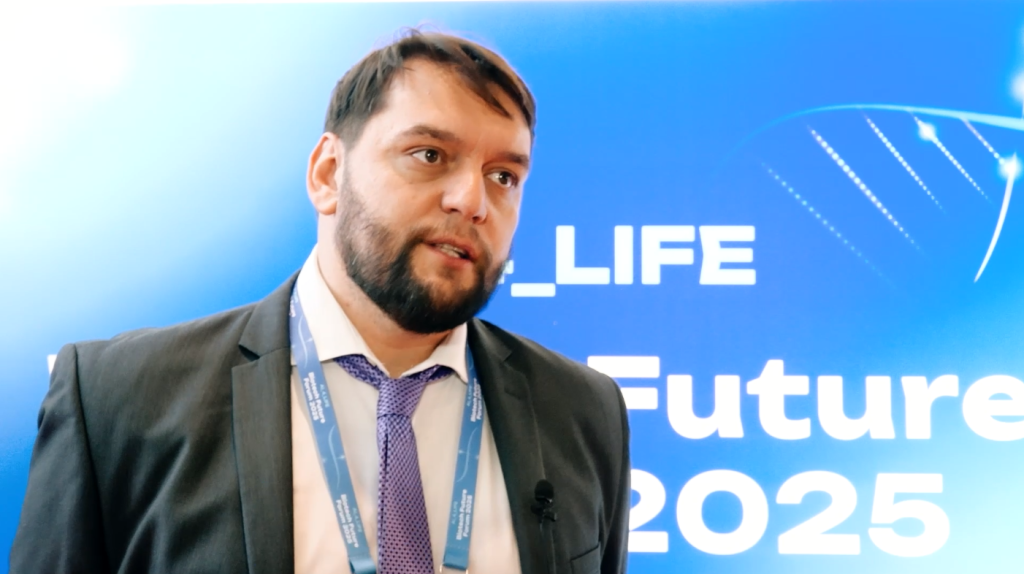Director of the Center for the Fourth Industrial Revolution in Serbia, Jelena Bojović, announced that in 2023 the Center will work on drafting regulations that will allow the development of new technologies and artificial intelligence in health care, as well as on information infrastructure in order to better combine science and economy.
“Stem cell therapy, that’s exactly what we’re going to be working on. We will work on creating such regulations that will allow, first of all, the development of new technologies, new drugs, and then their application, with of course the necessary protection and control from the state,” Bojović told Tanjug.
Also, we want there to be more clinical studies and many more investments and new research in Serbia, she pointed out.
“In 2023, we are striving for a much larger number of clinical studies, much more investment and new research and development in Serbia, primarily the economy in this area, and then towards the beginning of the application of machine learning and artificial intelligence algorithms in health care,” Bojović said.
What particularly stands out from the results of the past year is the opening of the Center for the Fourth Industrial Revolution in March, in partnership with the World Economic Forum, as one of the 16 such centers in the world, and then the holding in October of the first international conference Biotech Future Forum in Serbia, which gathered 600 people, from 30 countries, from six continents.
C4IR Serbia was founded in partnership between the Government of Serbia and the World Economic Forum, as the first such center in the region, third in Europe and 16th in the world.
“Biotech Future Forum gathered top scientists who deal with this and thus we started positioning Serbia as a country that will lead the development of at least our region in the field of biotechnology. This is the beginning,” Bojovic said.
The expectations after the Forum and activities carried out by the Center during this year are, Bojović pointed out, to start with the application of the acquired knowledge in the new year.
“During the previous year, we met with the economy, talked, communicated, created an ecosystem between the economy of science and the state, how to improve both regulations and all those processes that scientists go through, first of all, but also startups in order to develop new technology and apply it in Serbia,” Bojovic said.
The biggest challenge in 2023 is that citizens don’t know what biotechnology entails.
“We need to bring citizens, all together, closer to the fact that these new technologies should help us in life, to improve our quality of life and health. We understand that there are fears and it is necessary to show citizens in the right way what the state will do to prevent abuses, and to really help to use new technologies in the right way,” Bojovic explained.
The Center for the Fourth Industrial Revolution in Serbia (C4IR Serbia) is a platform for public-private partnership, which brings together scientists and researchers, representatives of the state, industry and civil society to create conditions for the development, testing and improvement of new technologies for the benefit of society.
The work of C4IR Serbia is focused on two priorities: biotechnology and the application of artificial intelligence in healthcare.
The Center will propose regulations that will facilitate the application of new technologies, while protecting the rights and interests of citizens, work on the development of infrastructural preconditions, and in other ways support the biotechnological and bioinformatics ecosystem in Serbia.
The Fourth Industrial Revolution marks the global transformation of economic and social relations under the influence of new technologies that connect the physical, digital and biological worlds.
It opens up opportunities for significant improvements in the quality of life, accelerated economic development and solving the biggest global challenges, the Center said.
Source: Tanjug





